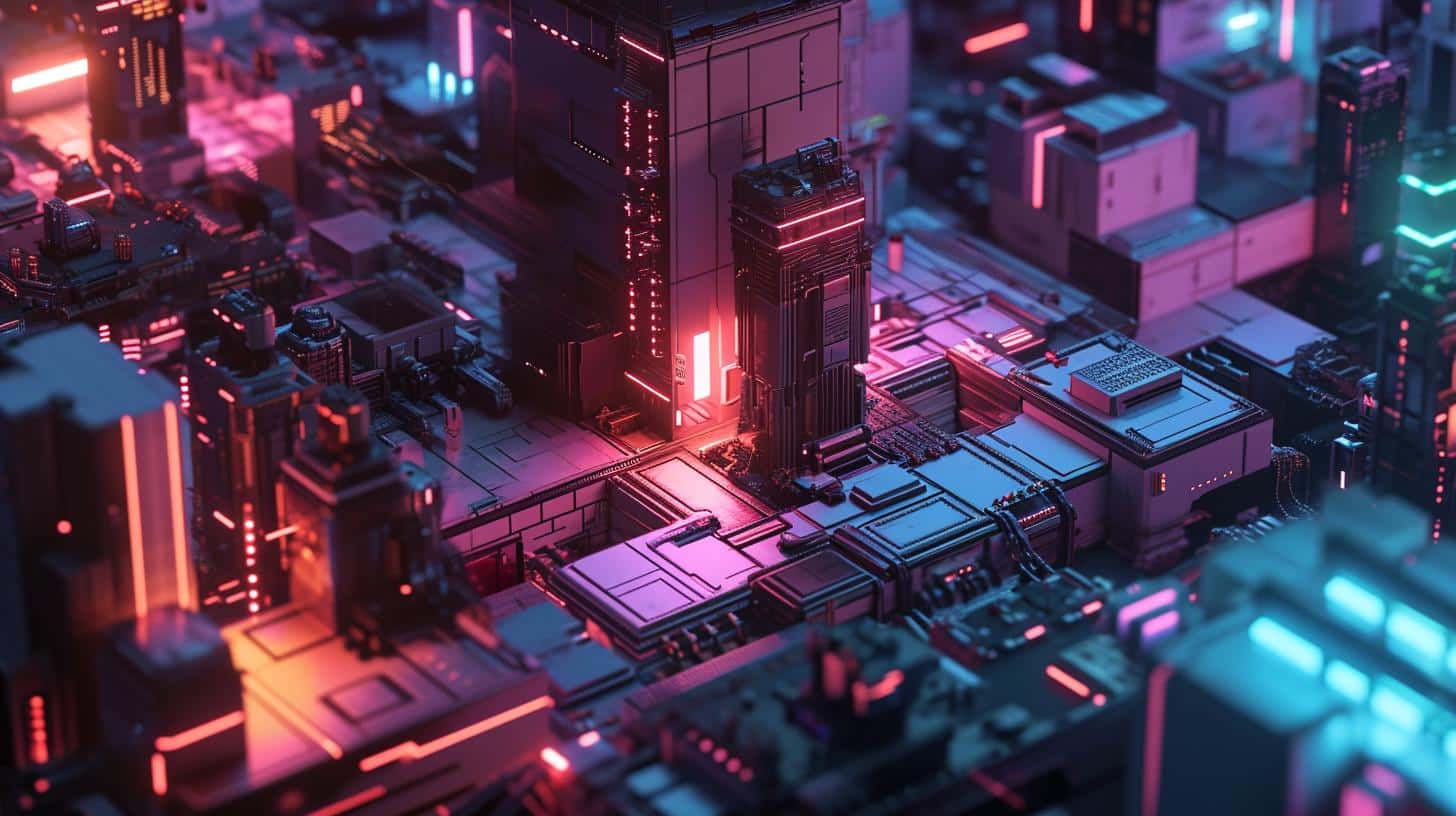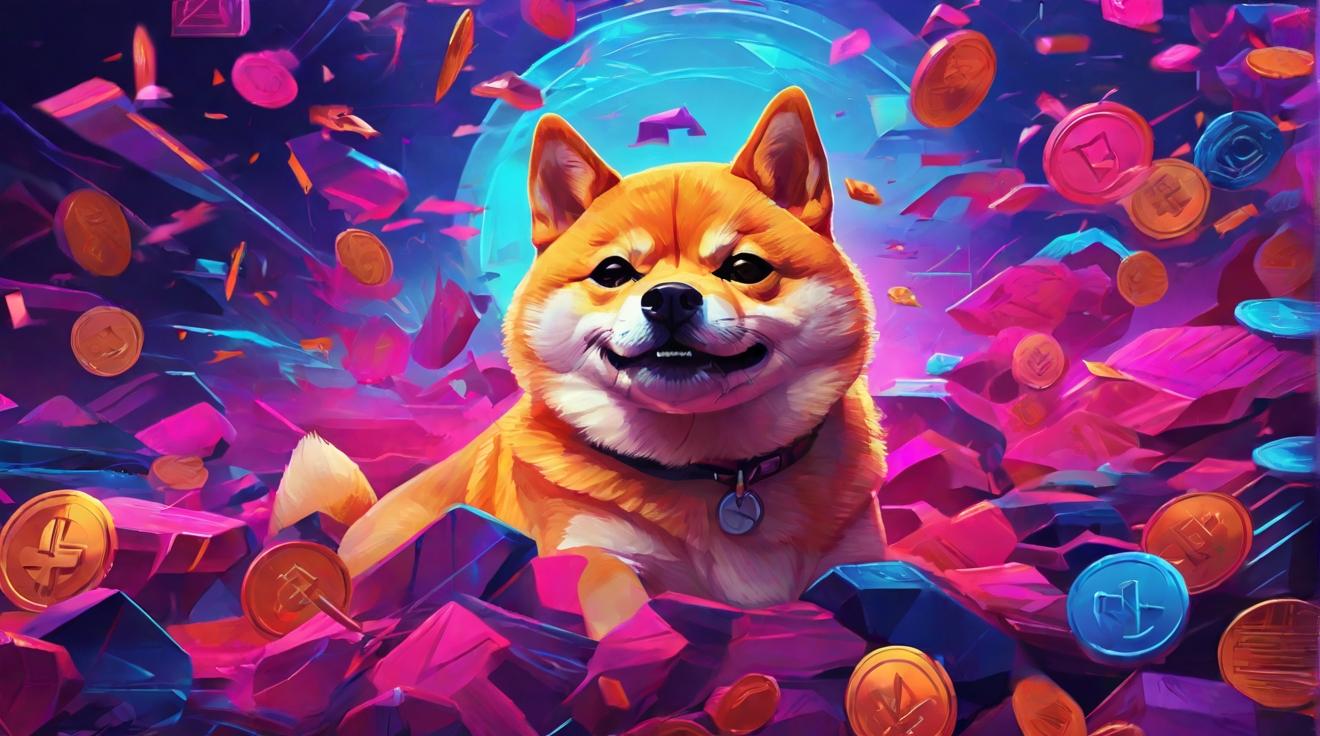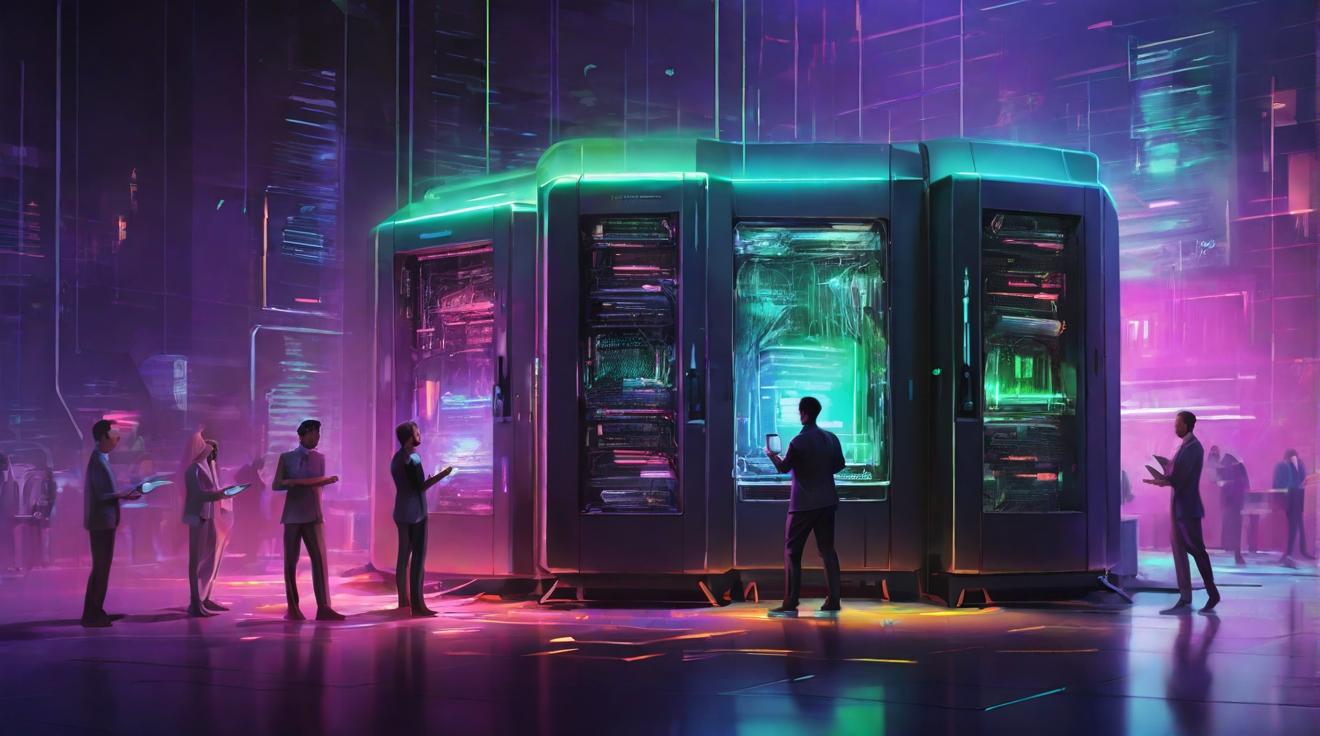The world of gaming is constantly evolving, and one of the latest developments that has taken the industry by storm is the rise of NFT gaming. NFTs, or non-fungible tokens, have revolutionized the way gamers interact with digital assets and the ownership of in-game items. This article explores the concept of NFT gaming, specifically focusing on play-to-earn models and the empowerment of gamers through in-game asset ownership.
Understanding the Rise of NFT Gaming
NFT gaming refers to the integration of non-fungible tokens into the gaming world. NFTs are unique digital assets that can represent ownership of virtual items, such as characters, weapons, or skins, within a game. These tokens are built on blockchain technology, which ensures transparency, security, and provable ownership. The rise of NFT gaming has been fueled by the increasing popularity of blockchain technology and the growing demand for digital collectibles.
The Mechanics of Play-to-Earn Models
One of the key aspects of NFT gaming is the play-to-earn model, which allows gamers to earn real-world value by playing games and acquiring in-game assets. In traditional gaming, players spend countless hours grinding to achieve progress within a game, but with play-to-earn models, their time and effort can be monetized. By earning valuable NFTs through gameplay, gamers can sell, trade, or use these assets in various ways, creating a new form of income generation.
Empowering Gamers with In-Game Asset Ownership
NFT gaming also empowers gamers by giving them true ownership of in-game assets. In traditional gaming, players may spend money on virtual items, but ultimately, they do not have full control or ownership over these assets. With NFT gaming, players have the ability to buy, sell, and trade their in-game assets freely, without restrictions from game developers or platforms. This ownership aspect adds a new level of value and excitement to the gaming experience.
The Potential Impact of NFT Gaming on the Industry
The rise of NFT gaming has the potential to disrupt the gaming industry in various ways. Firstly, it has the power to redefine the economic model of gaming by allowing players to earn real-world value through their time and effort spent in-game. This could potentially create a more sustainable and inclusive gaming ecosystem, where players can earn a living by doing what they love. Additionally, the concept of true ownership of in-game assets could lead to a more player-centric industry, where developers prioritize the needs and desires of their community.
Challenges and Opportunities in the NFT Gaming Space
While NFT gaming presents exciting opportunities, it also comes with its fair share of challenges. One of the main challenges is scalability and the high costs associated with blockchain transactions. The current limitations of blockchain technology make it difficult for NFT gaming to reach mass adoption. Additionally, there are concerns about the environmental impact of blockchain mining. However, these challenges present opportunities for innovation and improvement. As technology advances and solutions are developed, the potential for NFT gaming to revolutionize the industry becomes even greater.
NFT gaming has brought a new dimension to the gaming industry, offering players the ability to earn real-world value and own in-game assets. By leveraging blockchain technology and play-to-earn models, NFT gaming has the potential to create a more inclusive and economically sustainable gaming ecosystem. While there are challenges to overcome, the opportunities for growth and innovation in this space are vast. As NFT gaming continues to evolve, it will be fascinating to see how it shapes the future of gaming and empowers players worldwide.













